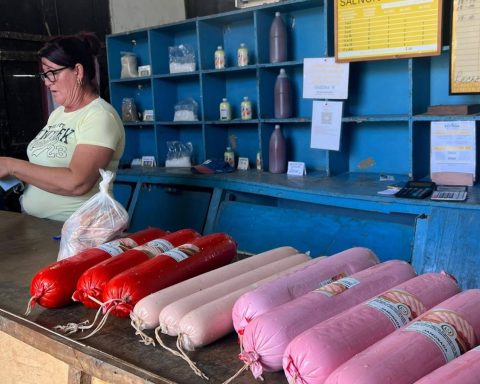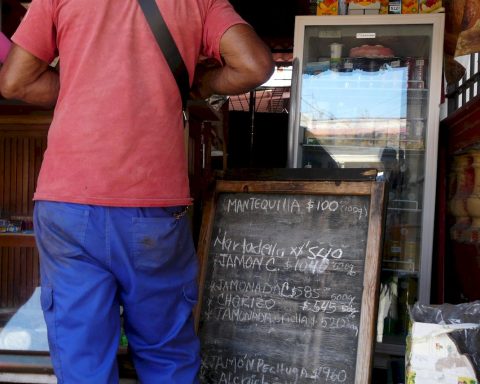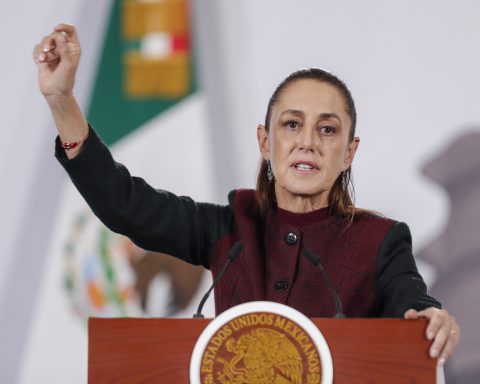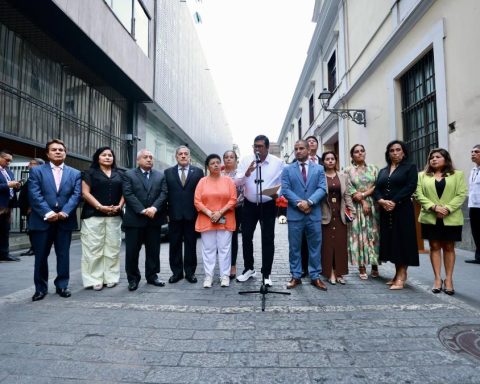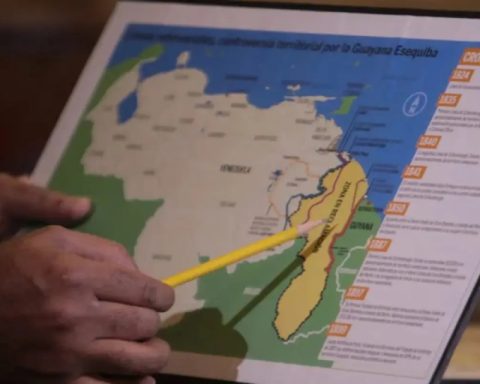According to a note released by the secretary-general’s spokesman’s office, Griffiths will visit aid delivery centers and families and communities affected by the humanitarian crisis.
He is also expected to meet with the de facto authorities in Afghanistan and discuss issues related to humanitarian aid.
Later next Thursday, the UN and the governments of the UK, Germany and Qatar will co-host a high-level event on supporting the humanitarian response on Afghan soil.
This Monday, the World Food Program (WFP) warned that if international donors cancel the requested funds, the operations of that UN entity in Afghanistan can be stopped.
More than half of all Afghans, 23 million people, need emergency food assistance, but lack of funds threatens to halt operations, the WFP office in Afghanistan posted on its official Twitter account.
This comes as the Central Asian nation is facing a serious humanitarian catastrophe, with millions of people suffering from hunger and unable to meet their basic needs.
According to the WFP, $1.6 billion was needed to continue its help to vulnerable people in Afghanistan.
For its part, the Taliban government emphasized that the distribution of assistance must be carried out through national institutions in order to guarantee “transparency” in that process.
After the untimely departure of the United States forces, after some 20 years of military occupation, and the return to power of the Taliban movement in August 2021, the crisis in Afghanistan worsened and millions of people were displaced or fled the country. . There are also numerous setbacks in issues such as gender equality, as many women are now denied the opportunity to work or attend school.
car/ifb

